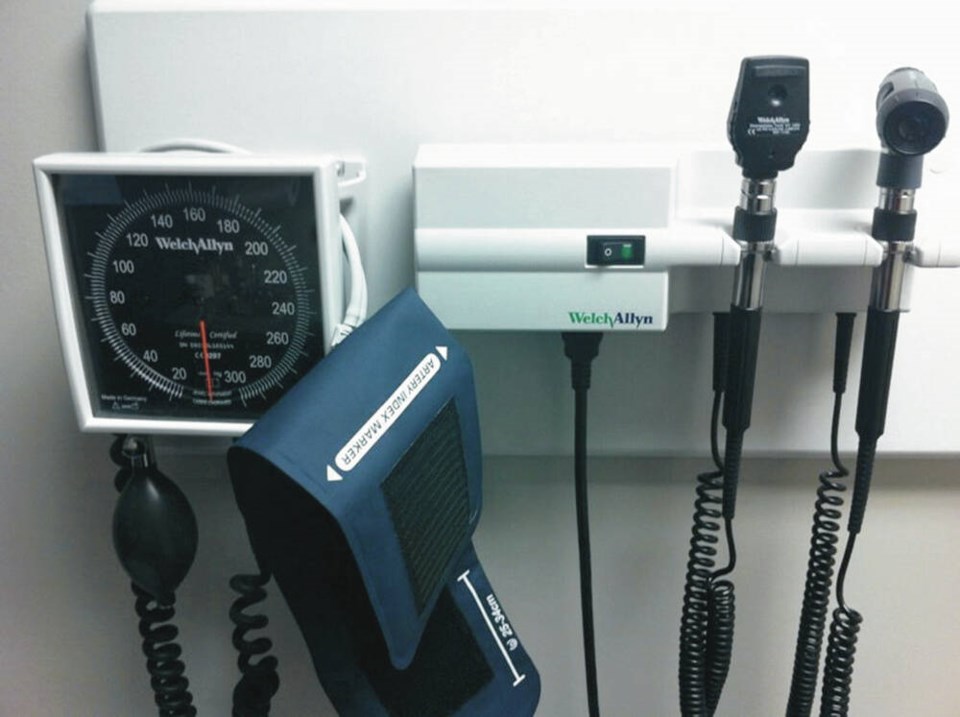A commentary by a Nanaimo resident.
Re: “Comment: Access to health care in Victoria is at a third-world level,” commentary, Aug. 29.
The current medical train wreck is the direct result of British Columbia’s lack of investment in its young people. In 2011, the University of B.C. was the only medical school in the province and they accepted 288 students for physician training. In 2021, UBC was still only accepting 288 students and was still the only school in all of British Columbia to do so.
In that decade, the population of B.C. has grown from 4.5 million to 5.2 million people, or more than 700,000 new patients in need of medical care on top of the existing patient base.
The population glut called the baby boomers had aged into retirement, doubly increasing the number of old people in need of greater than average care as well as a greater-than-normal reduction in doctors due to those retirements.
There was a global pandemic due to COVID-19 that put both a huge strain on medical services, but more damagingly, hindered social infrastructure such as daycares, schooling, after school programs, carpooling etc. which prevented doctors with families from being able to work their standard 50-70 hour weeks because they now had to juggle their children too.
The physician burn-out was unreal. Lastly, the past decade has seen a steady increase in medical knowledge, number of medications available and number of procedures offered, all good things, but further increasing physician workloads.
The only surprise is the fact that it took a decade for the system to crumble. British Columbia is training the same number of physicians in 2021 as 2011, but is expecting them to handle a work-load that is about 50 per cent larger due to population growth, an aging population, baby boomer retirement, COVID burn-out and an increase in medical services offered.
No one called doctors in 2011 lazy, and they only had two-thirds the workload of a doctor in 2021. If universal health care is to be achieved, the system needs more bodies to handle the extra work.
Unfortunately, making B.C. more attractive to physicians will not help much, nowhere else has doctors to spare as everywhere else didn’t bother training enough doctors as well. You can’t simply turn cash into a doctor, it also takes a decade of training.
You can lure physicians from poor countries if you can somehow rationalize the fact that it is a case of the rich stealing from the poor. South Africa, a favorite poaching ground of Canada, has 0.8 physicians per 1,000 people compared to Canada’s 2.4/1,000. South Africa needs the doctors they paid to train more than we do.
There are lots of willing applicants in B.C. who want to be physicians. In 2012, one in six medical applicants to UBC were successful, in 2021, that number has dropped to one in 10. Whether you believe in universal health care or are plugging for privatization, both systems require physicians to work in their clinics and the bottleneck is the same for both systems, training. The reason B.C. does not have more doctors is because of a lack of opportunity for young people to become one.
At the very least, physician training should have tracked population growth.
As the spouse of a doctor, and a friend of many others in the millennial age bracket, I find commentaries that insinuate that the current medical problem is due to modern doctors just being lazier than previous generations to be incredulous of an obvious reality.
The boomer generation did not invest sufficiently in their children (unlike the silent generation who invested heavily in them), and now that younger generations lack the preparation required to meet the boomers’ lofty, entitled expectations.
It will take a decade to even start making this problem better if we start fixing it today, and the labour crunch will continue trending down until the new pool of labour is trained and ready to start taking on some of the load.
The next decade is going to suck for patients, and it is going to suck for medical staff who are going to get pummelled by angry or scared patients, low morale from a collapsing system, and destroyed by work expectations that will cause more problems than they will solve.
British Columbia voted in the governments we got, we are now realizing the reality of those policies.



